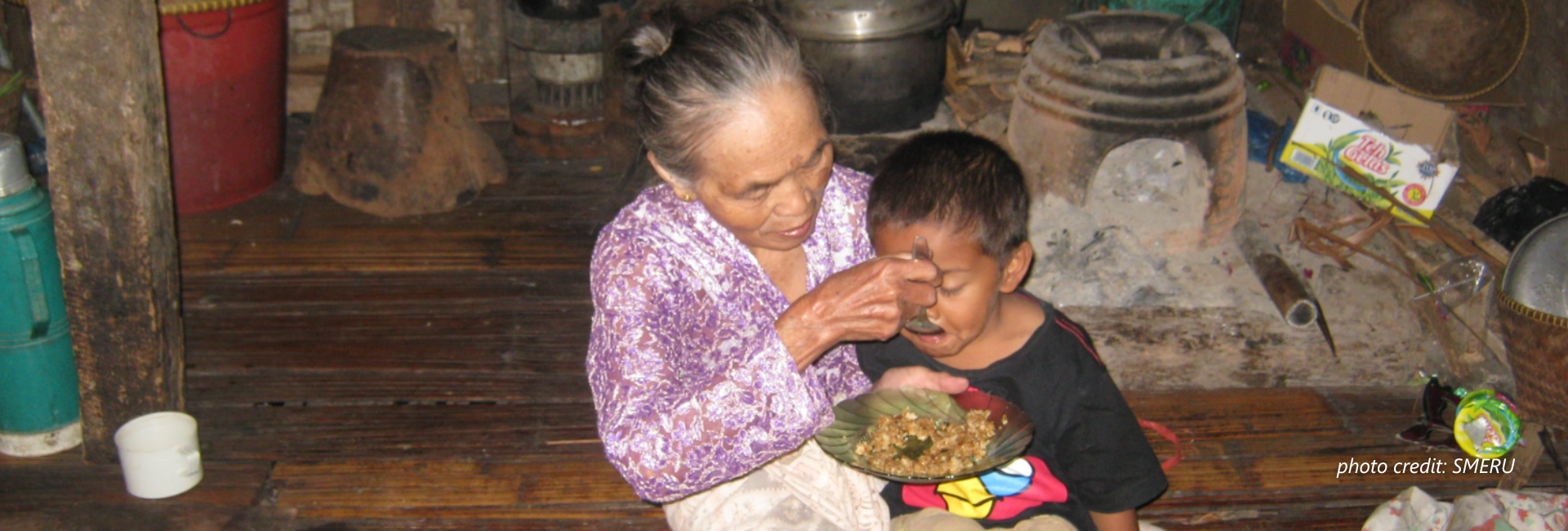Aiming to examine the impacts of price volatility of food and other basic needs on poor and vulnerable people, this study takes into account the socioeconomic costs the people have to pay in managing the changes in their everyday life. Global food prices have shown a more volatile and higher trend in recent years. In Indonesia, unpredictable and more frequent changes in food and other basic needs prices over the past years have led to a widespread view that price volatility has been a common occurrence. While high and volatile food prices show a steady trend, their assessment, which is made using macroeconomic indicators, often makes their micro-level impacts on people’s day-to-day lives escape the policymakers’ attention. Through longitudinal qualitative data collection activities, we carried out research about the impacts on dimensions of the well-being of different groups of poor and vulnerable people in three case-study locations in Indonesia through pathways triggered by the changing prices of food, fuel, and other basic needs. From the research, we have learned that price volatility often concurs with income uncertainty and one of the ways people choose to cope with these problems is by adjusting food expenses, which take up the largest portion of households’ total expenditure. In addition, they buy daily needs on credit, work harder, borrow money from others (mostly relatives), and reduce social activities. At the household level, most of the adjustments rely mainly on women. Findings of this study may help us to understand that the various adjustments made and the support received have made the people appear resilience, but this may bring about invisible threats to their well-being. This report presents the findings of the first and second years of this research aimed at establishing context, providing background, and recognizing the significance of the issues that will be followed over the research time.



